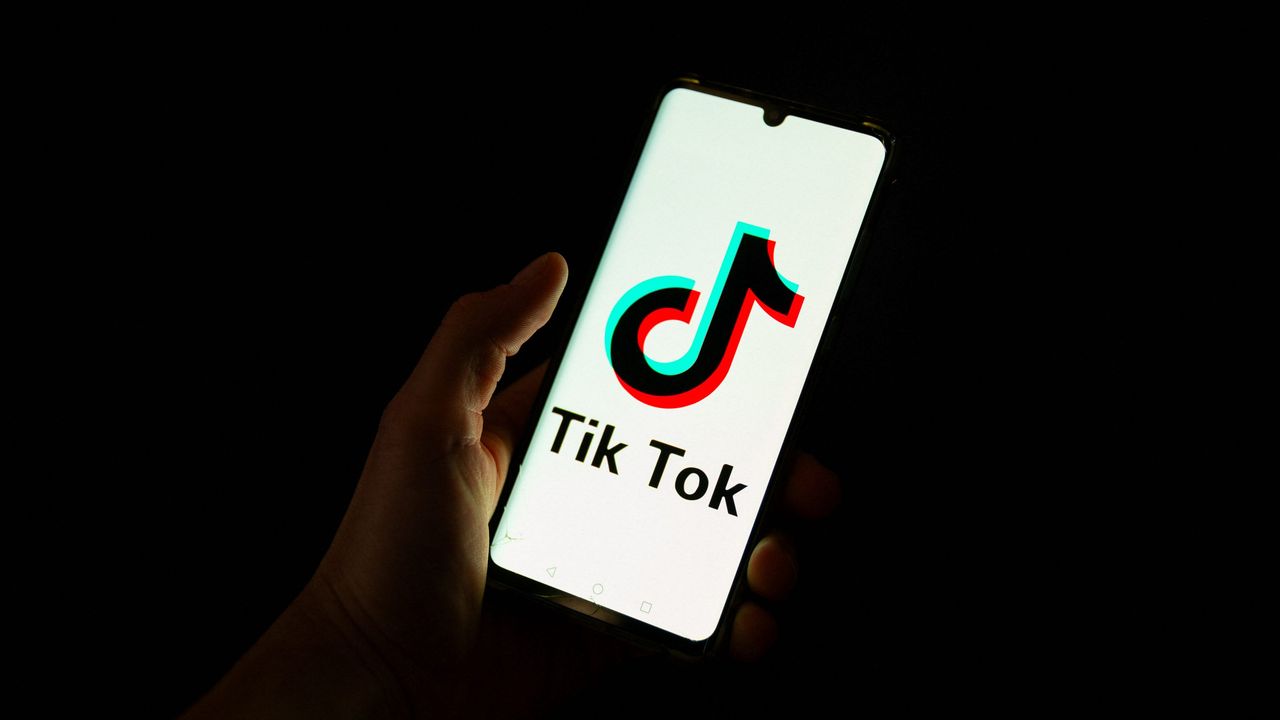FBI's Urgent Warning: Protect Your Texts Between iPhone and Android
The FBI warns about risks in texting between iPhone and Android. Learn how to safeguard your messages using encryption.

Protecting Your Text Messages: The FBI's Warning
In response to a massive cyberattack dubbed Salt Typhoon, the FBI and the Cybersecurity and Infrastructure Security Agency (CISA) have issued an urgent warning to users of iPhone and Android devices. These government bodies are concerned that texting between different platforms could expose private communications to hackers, particularly those suspected to be affiliated with the Chinese government.
The Scale of the Risk
The Salt Typhoon attack targeted major U.S. telecommunications companies such as AT&T, Verizon, and Lumen Technologies. Reports from various news outlets indicate that foreign actors gained access to sensitive information, including call records, metadata, and potentially private messages. Although specifics about how many Americans have been affected remain unclear, the scale of the breach is unprecedented, leading officials to recommend a shift to more secure communication methods.
Understanding Encryption
Encryption is essential for safeguarding text messages. It scrambles your messages so that only the intended recipient can decipher them. The FBI emphasizes that using messaging apps with end-to-end encryption is a crucial step in protecting your communications. Apps like WhatsApp and Signal automatically encrypt messages and calls, making them more secure against interception.
What's the Problem with Regular Texting?
Text messages sent between iPhones and Android devices are not fully encrypted. Instead, they utilize Rich Communications Services (RCS), which can be decrypted by third parties, raising concerns about privacy and security. Messages sent via Google Messages and Apple iMessage are encrypted, but only when both users are on the same platform. Thus, if you're sending texts between iPhone and Android users, your messages are left vulnerable.
Recommendations from the FBI
- Switch to Encrypted Messaging Apps: Use apps like WhatsApp, Signal, or Telegram for not just texting but also for voice calls. These apps offer end-to-end encryption by default.
- Stay Updated: Regularly update your smartphone's operating system to enhance security and combat vulnerabilities.
- Use Two-Factor Authentication: To secure your accounts further, ensure you have phishing-resistant, two-factor authentication set up wherever possible.
- Report Suspicious Activity: If you notice unusual behavior, report it immediately to the FBI or CISA.
Conclusion
In a world increasingly threatened by cyberattacks, securing your communications is more critical than ever. By following the FBI's advice and using encrypted messaging apps, you can help safeguard your private conversations from prying eyes. As Jeff Greene, Executive Assistant Director for Cybersecurity at CISA, aptly stated, "Encryption is your friend"—especially in times like these.
For more detailed guidance, users are encouraged to reach out to their local FBI office or CISA. Remember, while it may feel inconvenient to change your communication habits, the potential repercussions of neglecting your cybersecurity are far greater.



